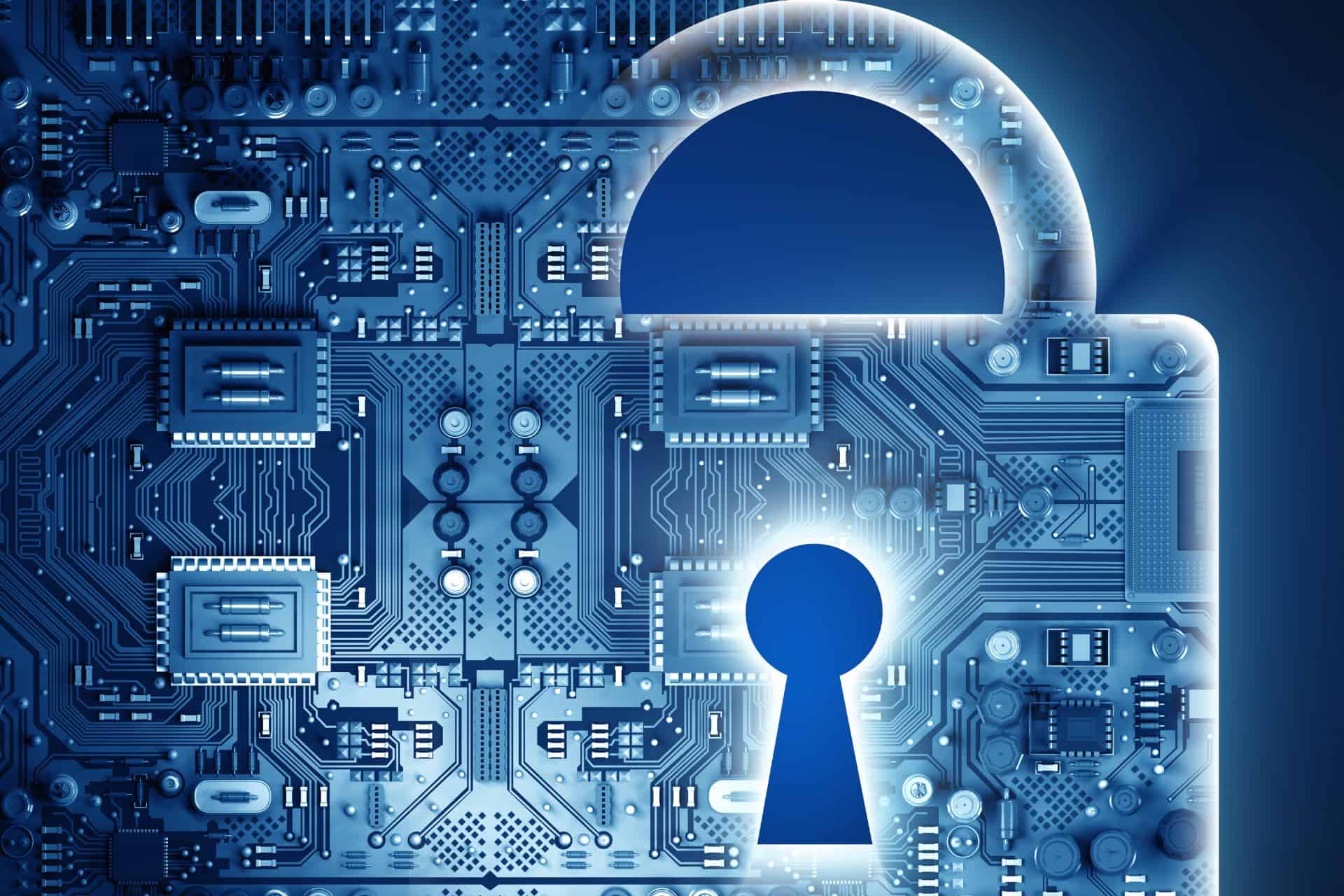Cyber resilience is a business’ ability to prepare for, respond to, and recover from cyber threats and attacks while continuing to operate effectively. Huge global organisations can funnel resources into cyber security and resilience measures to help insulate their operations and keep things running like clockwork. But, even the biggest businesses in every industry are turning to the ISO 27001 Standard as their solution. And you can too!
As the world-renowned Standard for Information Security Management Systems, ISO 27001 is seen as the answer for negating the adverse impact of cyber threats. We’re often asked if smaller-scale organisations can build the same type of cyber resilience courtesy of ISO 27001, and now we’re here to provide the answer!
What is cyber resilience?
So, let’s strip it back – what do we actually mean by cyber resilience? Cyber resilience is a recent concept that outlines how your business is able to anticipate, respond and recover from a cyber attack. Businesses of any size can adopt this concept and bolster cyber resilience in line with the associated risks of your business.
You probably won’t thank us for saying this, but personal data is a valuable currency for cyber attackers. It gives them power over businesses should they manage to exploit systems and gain access to such sensitive data. Businesses are often up against constant evolution in digital threats and protecting data assets is becoming ever-more crucial as cyber attackers become increasingly malicious as technology advances.
Developing a cyber-resilient mindset across your organisation means cyber resilience is at the forefront of your technical and physical assets, the communication throughout your business to employees and integrated within daily operations.
The 2023 Cyber Security Breaches Survey revealed that cybersecurity is considered less of a priority by smaller businesses, owing to other concerns they have in the wake of the ongoing financial crisis. Whilst understandable to an extent, a relaxed attitude towards cybersecurity can mean your business is more vulnerable.
Cyber resilience in action – how does it work?
Implementing your approach to cyber resilience means adhering to the criteria set out in ISO 27001. Developing an Information Security Management System (ISMS) requires a stringent set of policies, procedures and processes that help provide protection for your business in the event of a cyber attack. Ever heard of a cyber resilience strategy? Well, if not, there’s no need to panic. Now you can devise one that safeguards your business. Read on to discover exactly how.
Cyber Resilience Strategy
ISO 27001 offers guidance for implementing a cyber resilience strategy that counteracts adverse impacts in the aftermath of a cyber attack. Protecting IT systems, and preserving the integrity of all sensitive and personal data while maintaining business continuity are the considerations to make.
Your cyber security resilience should incorporate the following aspects:
- Risk assessment and management
- Continuous monitoring of systems
- Software and system backups to protect data
- A stringent business continuity management system
- Sufficiently trained staff in cyber security awareness
- Investing in Cyber Essentials to manage cyber threats and prevent attacks
Cyber Resilience Design
As part of your cyber resilience strategy, it’s important to consider the measures involved. Plan and construct systems and implement security controls, procedures and relevant training that protect all of your critical assets. Assign roles and responsibilities to decide who will oversee the processes and procedures of integrating these measures within your business.
Find out more about ISO 27001 Controls and 27001 requirements from our dedicated pages.
Developing your cyber resilience framework
As with any new implementation across your business, it’s always great practice to follow a blueprint that will serve your pathway to success.
The cyber resilience framework includes four key components:
- Improving security measures
- Detecting attacks
- Responding to and recovering from cyber attacks
- Organisational governance
Improve your security
If your business has sizeable gaps in its security measures, then cyber attackers can easily exploit this. ISO 27001 outlines the criteria for implementing measures that tighten your security. Two-factor authentication, passwords, authorised access, software updates and cyber awareness training are just a few of the handy measures you can take. Others include:
- Information security policies
- Malware protection
- Configuration of systems
- PAT testing
- Risk management strategy
Detecting attacks
Stay ahead of the curve and prepare your business properly to detect any attacks that can be acted upon swiftly. Implement systems that can monitor strange activities and alert you to any danger.
Responding and recovering from cyber attacks
Your ISO 27001 risk assessment should outline the measures and risk tolerance that your business can absorb. Once an attack is detected, you should have your plan of action ready to roll to minimise any impact. Business continuity management systems can help your business to operate without disruption, allowing normal service to resume!
Now the attack has been detected and dealt with promptly, recovering your systems and any sensitive data is the final stage to satisfying the cyber resilience framework. The ISO 27001 Standard identifies what tactics businesses should deploy to ensure they can retrieve any important data and information quickly in the aftermath of a cyber attack.
Organisational governance
From the very top of your business, your approach to cyber resilience should be woven into the fabric of your security measures. Senior management across your business should focus on this and that’s where ISO 27001 can help you outline the compliance requirements you need to consider.
To manage cyber security and resilience procedures, your business should incorporate lines of duty and accountability alongside clear governance structures. Perhaps you could divide the cyber resilience framework into various components and assign roles accordingly, making it easier to manage for all so your business reaps the benefits.
Let us help develop a cyber resilience framework for your business
Partnering with an accredited body like Citation ISO Certification is the key to unlocking new tools to strengthen the cyber resilience of your organisation.
So, why not let our ISO 27001 experts help you to become certified? You can gain ISO 27001 Certification in as little as 45 days, and we’ll be on hand to guide you through the process every step of the way.
Our ISO 27001 auditors can visit your business to determine what measures you should take to achieve cyber resilience and compliance with ISO 27001 criteria.
So, why not request a quote to start your journey to certification? Get in touch today with our ISO 27001 experts at 0333 344 3646 or email [email protected]. Together, we’ll help develop the cyber security and resilience measures you need to both protect and grow your business.

